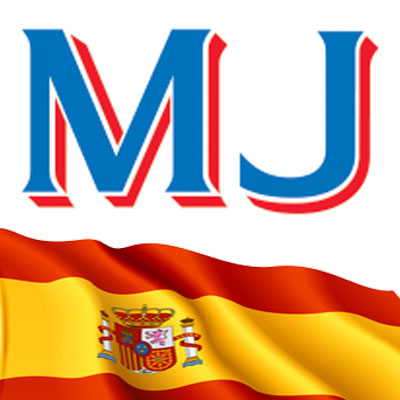The Spanish Education System: A Comprehensive Overview for UK Expats
Spain, with its rich history and vibrant culture, has an education system that is both unique and comprehensive. For UK expats considering a move to Spain, understanding the Spanish education system can be crucial for ensuring a smooth transition for their children. Here’s a detailed overview:
1. Overview of the Spanish Education System
- Spain boasts a relatively high standard of education, scoring above the OECD average in reading literacy, mathematics, and sciences.
- The education duration spans nearly 18 years, from ages 5 to 39, which is more than the OECD average.
- The Ministry of Education and Vocational Training oversees the schools, but the local autonomous communities play a significant role in allocating funds, guiding the curriculum, and maintaining education standards.
2. Types of Schools
- State-funded schools (colegios públicos)
- State-subsidised private schools (colegios concertados)
- Privately-funded schools (colegios privados), which include international schools.
3. Stages of Education
- Infant school (Escuela Infantil): ages 0 to 6
- Primary education (Educación Primaria): ages 6 to 12
- Obligatory secondary education (Educación Secundaria Obligatoria): ages 12 to 16
- University preparation (Bachillerato) or vocational training: ages 15 to 18
4. Preschool Education
- Not mandatory but widely attended.
- Split into two cycles: up to age three and ages three to five.
5. Primary Education
- Compulsory from ages 6 to 12.
- Assessments in mathematics, language, science, and technology are conducted.
6. Secondary Education
- Divided into Educación Secundaria Obligatoria (ESO) and Bachillerato or professional training.
- ESO is mandatory, while Bachillerato prepares students for university.
7. The International Baccalaureate (IB)
- Gaining popularity in Spain and is now recognised worldwide.
8. Financial Aid and Scholarships
- The Ministry of Education offers financial aid for families with children under 18, including direct finance, grants, and tax relief.
9. Support for Expat Students
- Spain has increased support for children learning Spanish as a second language.
- Several programs promote bilingual education, such as the Bilingual Education Programme (PEB) and the International Baccalaureate Organization.
10. Special Educational Needs (SEN)
- Support is available for children with SEN, known as Necesidades Educativas Especiales (NEE) in Spanish.
11. Changing Schools
- The process is similar to enrollment, but certain documents may be required.
12. Parental Involvement
- Parents can join the Parent Teacher Association (Asociación de Madres y Padres de Alumnos) to engage with their child’s education.
13. Homeschooling
- Permitted but complex, with the law stating that children must attend school between ages 6 and 16.
For UK expats, understanding the nuances of the Spanish education system can be invaluable. Whether considering public or private schooling, it’s essential to be aware of the options and support available, ensuring a seamless educational journey for their children in Spain.
Moving to Spain involves not just understanding the local education system but also dealing with the practicalities of relocation. UK expats planning the move need to navigate the complexities of safely transferring their possessions to their new Spanish home. This is where expertise from professional removal services like Matthew James Removals comes into play.
Specialising in moves to and from Spain, they offer tailored services that take into account everything from packing personal belongings to transporting furniture, ensuring that the transition to a new home—and a new school system—is as stress-free as possible. Their understanding of the logistical challenges faced by expats complements the educational preparations needed for a smooth start in Spain’s schooling system.

